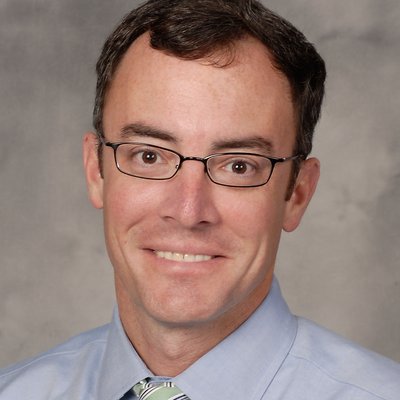4 Maxwell Professors Named O’Hanley Faculty Scholars
The Maxwell School of Citizenship and Public Affairs announced the appointment of four new O’Hanley Faculty Scholars: Brian Brege, Sarah Hamersma, Yüksel Sezgin and Ying Shi. Selected in recognition of their exceptional teaching, scholarly achievements and service to the institution,…



